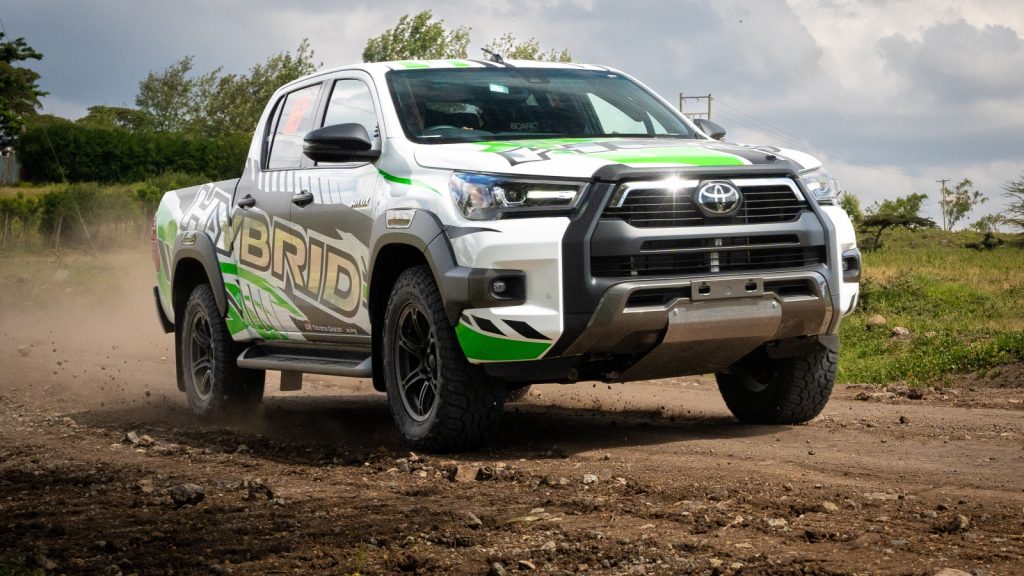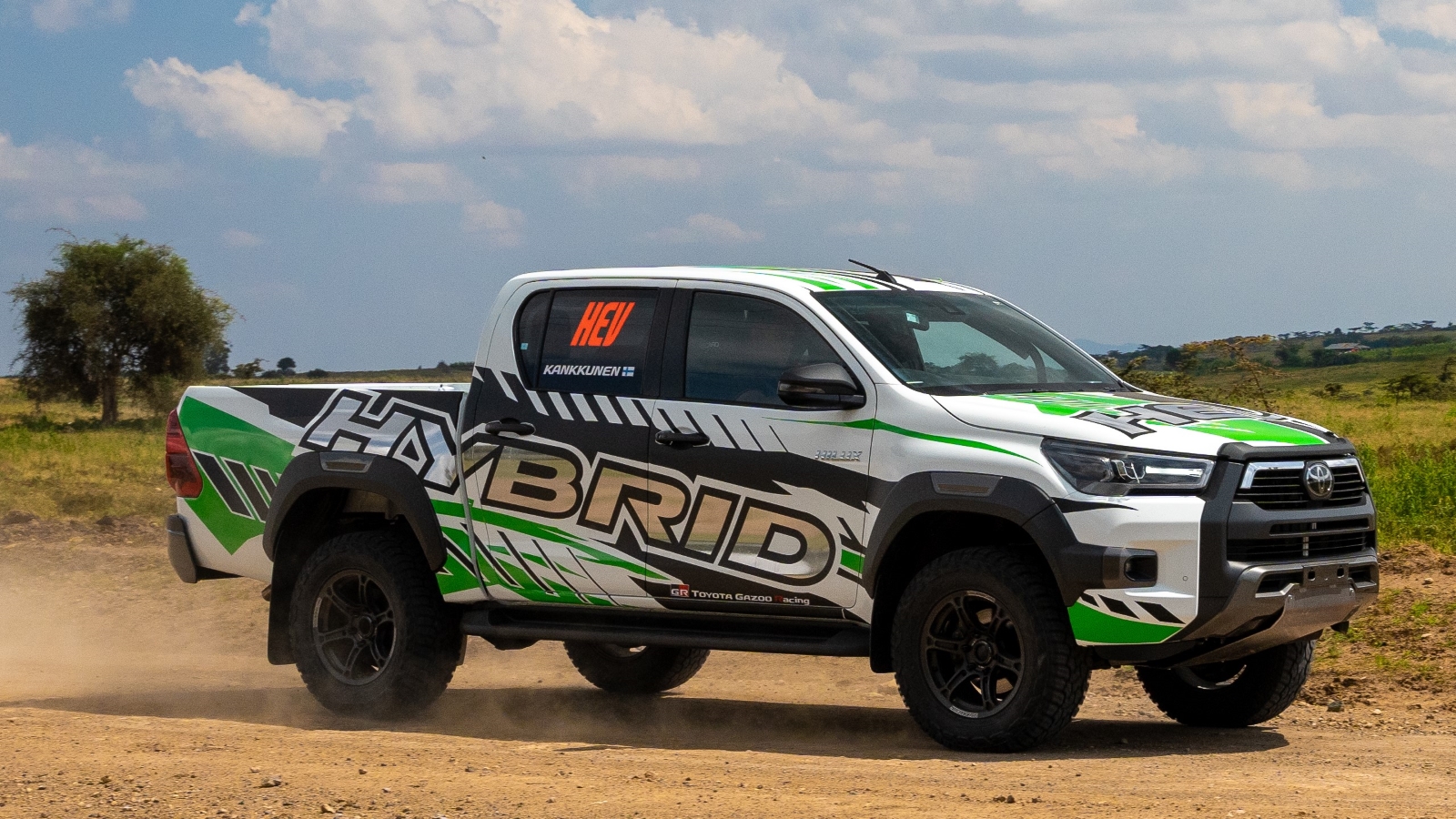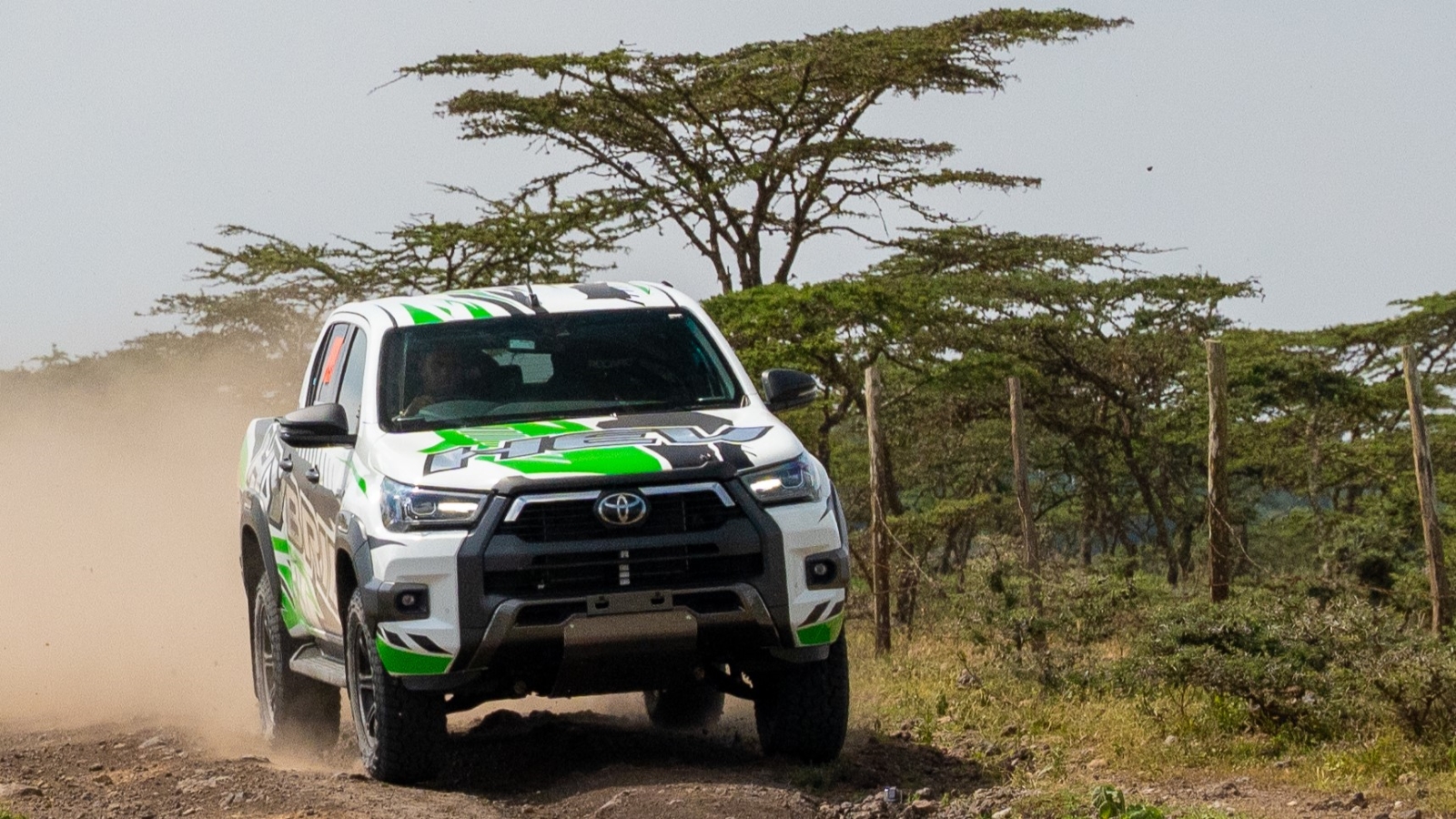Sony launches the WF-1000XM6 in South Africa with upgraded noise cancelling, better call clarity and premium sound. Pricing starts at R7,999.
GR-S MHEV is Toyota’s hybrid Hilux

Hilux hybrid. Beyond the alliteration, the engineering concept makes a lot of sense.
The demand for new energy vehicles is increasing as car companies try to reduce the tax burden for owners in markets where emission regulations are strict. South Africa is not one of those markets, but the peripheral benefits of lower-emissions vehicles, are not to be ignored.
One of those benefits is reduced fuel consumption. Toyota was an early champion of new energy vehicles and hybridization with its Prius range, launched in the 1990s. It can be argued that Toyota has greater legacy engineering experience with hybridization than most other brands. And that is why the market has been keenly anticipating the eventuality of a hybrid Hilux, which has now happened.

GR-S MHEV is the future of Hilux – soon
The original Hilux hybrid rumours started in Australia, one of the world’s strongest demand markets for Hilux. And what happens in the Australian market usually transfers to South Africa, as the two countries share remarkably similar customer profiles and driving conditions.
With the current Hilux quite mature in its model cycle, few expected a deep redesign of its powertrain, for peak hybridity. What is happening, instead, is a mild hybrid system. And it’s already been proven in Africa, which is excellent news for South African Hilux buyers.
Toyota’s hybridized Hilux GR-S MHEV operated as a support vehicle during the gruelling Safari rally WRC event, in Kenya, and performed faultlessly in some of the harshest conditions imaginable.

Uses about 10% less diesel
The Toyota Hilux GR-S MHEV features a 48-volt mild hybrid configuration. That means it doesn’t add much performance, but reduces fuel consumption with the presence of an integrated starter motor/generator.
It is unusual for a turbodiesel engine to be hybridized, but Toyota’s 2.8-litre turbodiesel in the Hilux MHEV should be lighter on fuel than the non-hybrid versions. How significant is the saving thanks to hybridization? Toyota claims about 1l/100km. That doesn’t sound like much, but it could compound into notable savings over time.
Considering the distances that Hilux bakkies drive, that 1l/100km diesel saving could become a thing if you own your bakkie for 300 000km. When will the Hilux GR-S MHEV become available in South Africa? Toyota has scheduled the introduction of a hybridized Hilux for 2024.


